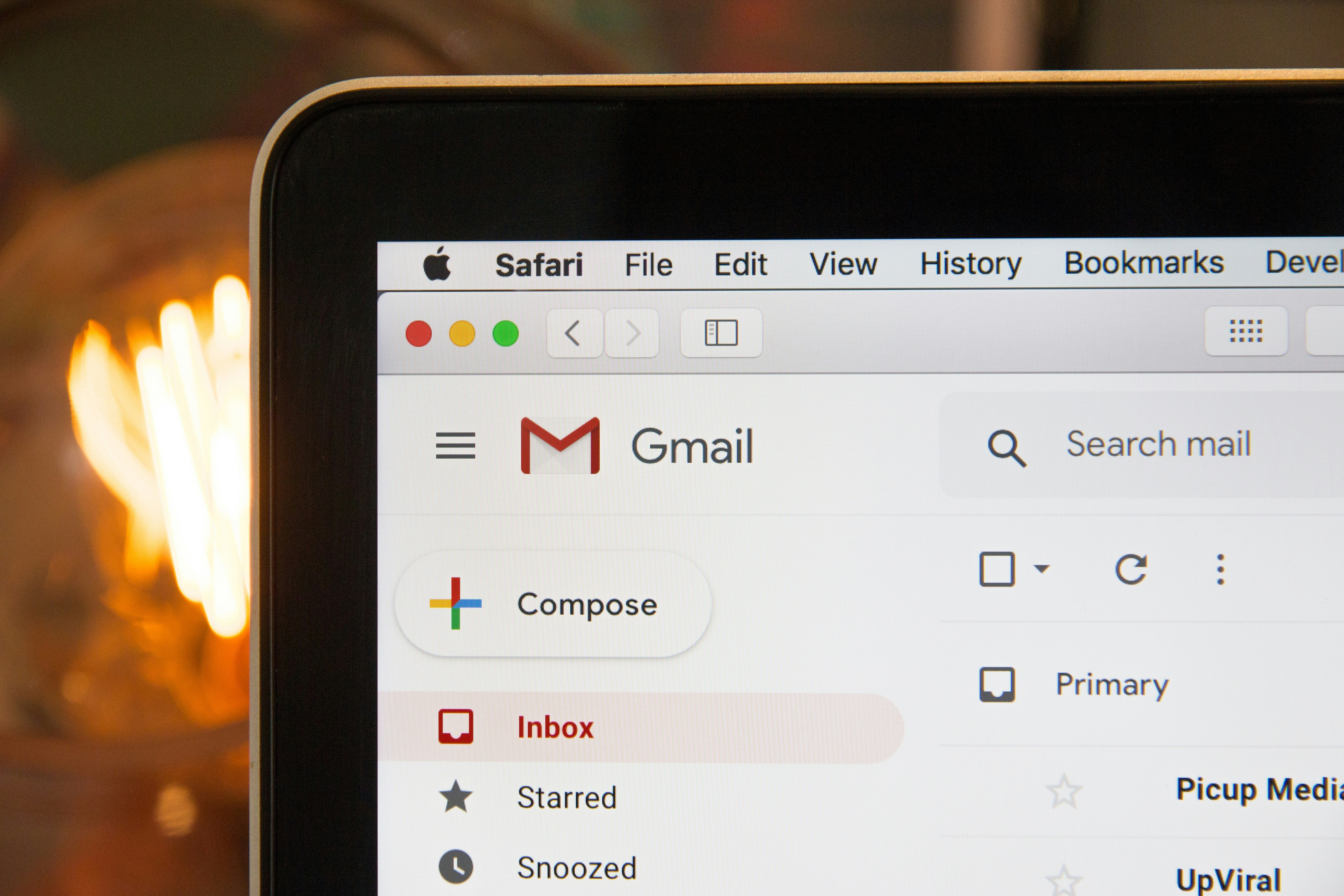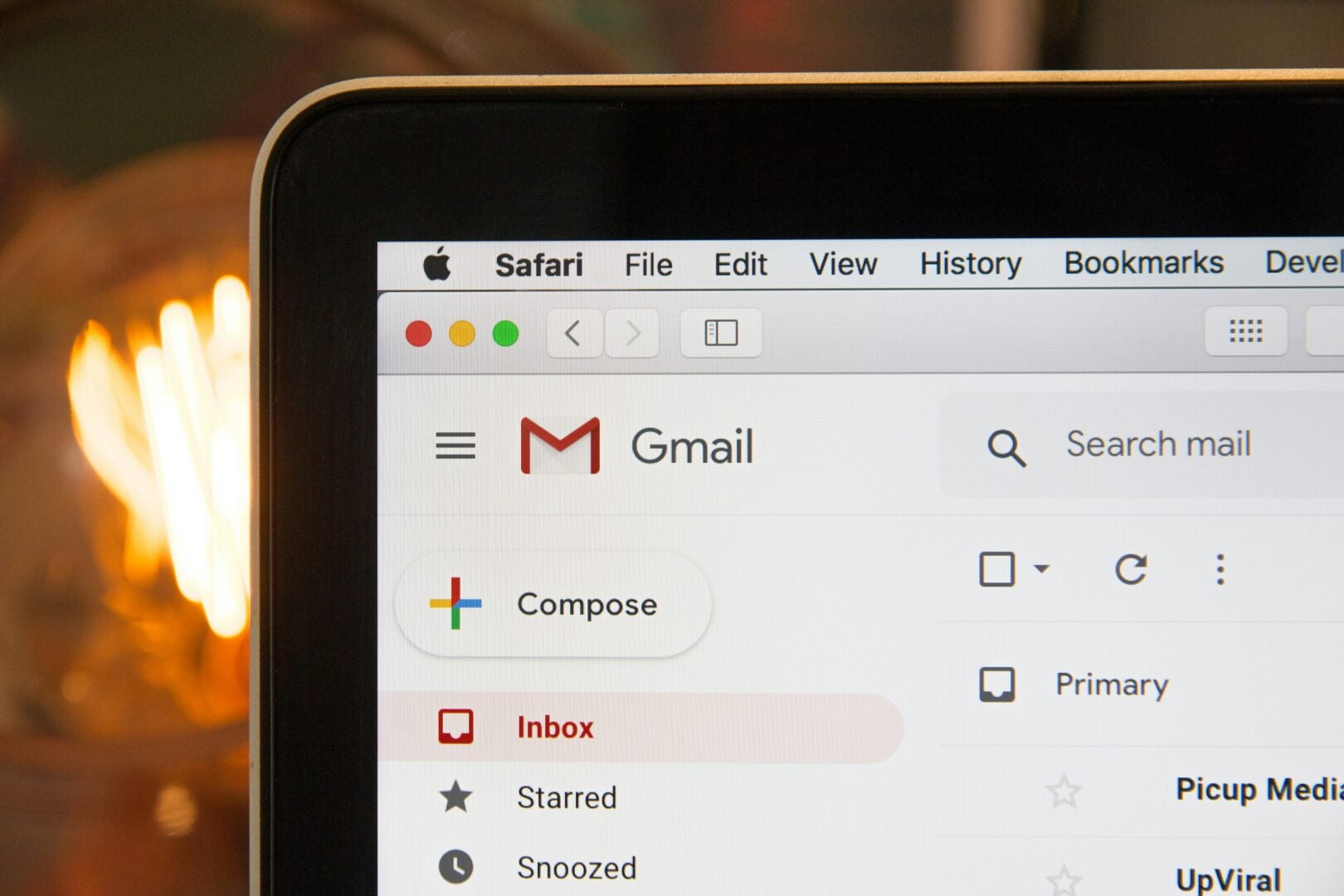
We’ve all been there.
You open your inbox and spot that email you meant to reply to five days ago. Whether you were genuinely busy, waiting for more info, or just missed it. Now it’s time to respond. But how do you start without sounding careless?
In this post, you’ll learn 4 professional ways to apologize for a delayed email response. These phrases help you acknowledge the delay, maintain a good relationship, and get the conversation back on track, whether you’re replying to a client, your boss, or a teammate.
Why Apologizing for a Late Reply Actually Matters
Ignoring the delay doesn’t make it disappear. It’s tempting to just answer the question, send the attachment, and hope they didn’t notice. But skipping over the silence can come across as dismissive. A simple, genuine apology does a lot more than you might think.
- It shows you value the other person’s time. People appreciate it when you acknowledge their wait.
- It keeps things professional. A quick apology signals you care about the relationship and that you’re not just reacting.
- It helps reset the conversation. You clear the air, then everyone can focus on what matters next.
You don’t need to overthink it or write a long explanation. Just match your words to the situation and move the conversation forward.
Phrase 1: “Please accept my apologies for the delayed response.”
When to use it: This is your polished, formal option. Use it when you’re writing to external stakeholders, senior managers, or in traditional industries like finance, law, or consulting.
Why it works: It’s respectful and measured. You’re owning the delay, but without going into unnecessary detail. The formality also creates a sense of professionalism and courtesy.
Example: “Please accept my apologies for the delayed response. I’ve reviewed the contract and included my comments below.”
Variations:
- “My apologies for the delay in getting back to you.”
- “Apologies for the delayed reply. Thank you for your patience.”
What to avoid:
Don’t pair this with a long justification (e.g., “I was on vacation and then had a ton of meetings…”). A brief, clean apology makes a better impression.
Phrase 2: “I apologize for not responding sooner.”
When to use it: This one is still professional, but slightly warmer. It’s a great middle ground for internal communication –colleagues, managers, or partners– when you want to sound responsible but not overly formal.
Why it works: It communicates accountability and appreciation without being too stiff. You’re not just saying “sorry,” you’re saying “I recognize the delay and value your time.”
Example: “I apologize for not responding sooner. Here are the final figures we discussed.”
Variations:
- “Apologies for the delay. I appreciate your patience.”
- “Thanks for your patience, and sorry I didn’t reply sooner.”
Pro tip: Pair it with gratitude –“Thanks for the follow-up, and I apologize for the slow reply.”
Phrase 3: “So sorry for the late reply.”
When to use it: This is casual and friendly, best used with coworkers or teammates you have a relaxed relationship with. Think of it as your “internal Slack/email” phrase.
Why it works: It’s quick, human, and gets straight to the point. You’re not being overly formal, but you’re still being polite.
Example: “So sorry for the late reply –just needed to wrap up another project before diving into this.”
Variations:
- “Sorry this took me a bit. Thanks for your patience!”
- “Just catching up now. Apologies for the delay!”
⚠️ A note on tone: Casual apologies like this are fine if your communication is usually informal. If the rest of your email is very formal, this can feel off-balance.
Phrase 4: “I know I’m late getting back to you –my bad!”
When to use it: Only when you’re in a super casual environment and writing to someone you know well. Maybe you work on the same team. Maybe you’ve already joked about inbox chaos in past emails. Either way, this is as informal as it gets.
Why it works: It’s playful, honest, and natural –if it matches the relationship and culture. But it can backfire in more serious or hierarchical settings.
Example: “I know I’m late getting back to you—my bad! Here’s the deck I promised.”
Variation:
- “This slipped through the cracks –my bad. Just sent you the file.”
What to avoid: Never use this with new clients, higher-ups, or in industries where tone matters a lot (legal, healthcare, finance, etc.).
What If You Don’t Have the Info Yet?
Sometimes the delay isn’t entirely your fault. Perhaps you’re still waiting for someone else, or for a piece of information you need to reply properly. Instead of going silent, send a short reply to keep the other person in the loop. It shows you’re on top of it and helps manage expectations.
Try these phrases:
- “Thanks for your message. I’m still waiting on a final number from the finance team but will get back to you as soon as I have it.”
- “Just a quick note to say I’ve seen your email. I’m gathering a few more details and will respond fully soon.”
- “I wanted to let you know I’m working on this and should have an update for you by tomorrow.”
Why this works: It buys you time, shows initiative, and prevents frustration. A simple “I’m on it” goes a long way.
What not to say in a delayed email response
Here are a few things that might feel polite, but can undermine your message:
1 – Over-apologizing:
Example: “I’m so so sorry! I can’t believe I missed this! I feel terrible!”
Why you should avoid it: This shifts the focus to you, not the work. Keep it professional and brief.
2 – Making excuses:
Example: “I didn’t reply because I was dealing with five other projects and had to attend back-to-back meetings…”
Why you should avoid it: Most people don’t need the full story. Just acknowledge and move forward.
3 – Pretending it didn’t happen:
Example: Jumping straight into the reply without acknowledging the delay.
Why you should avoid it: Skipping the apology can come across as unaware or careless.
Put it into Practice!
The best way to make these phrases feel natural is to try them out. On the Talaera platform, you’ll find a quick, practical lesson where you’ll learn when to use each phrase and practice with interactive quizzes and short assignments.
And when you create a free account, you’ll also get access to a library of professional English lessons, tools, and templates to help you sound confident and clear in every interaction.
📩 Try the lesson on apologizing for delayed email replies and improve your communication today.





